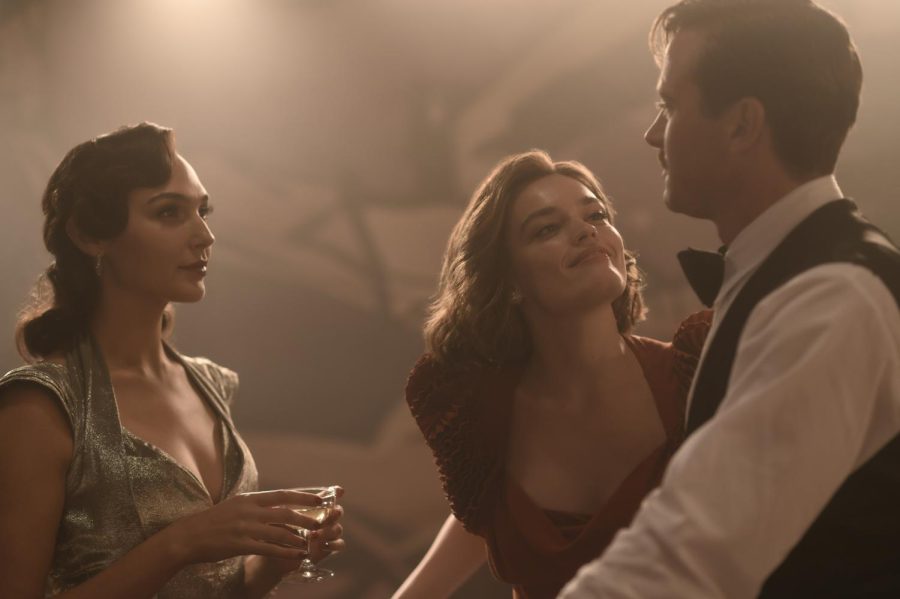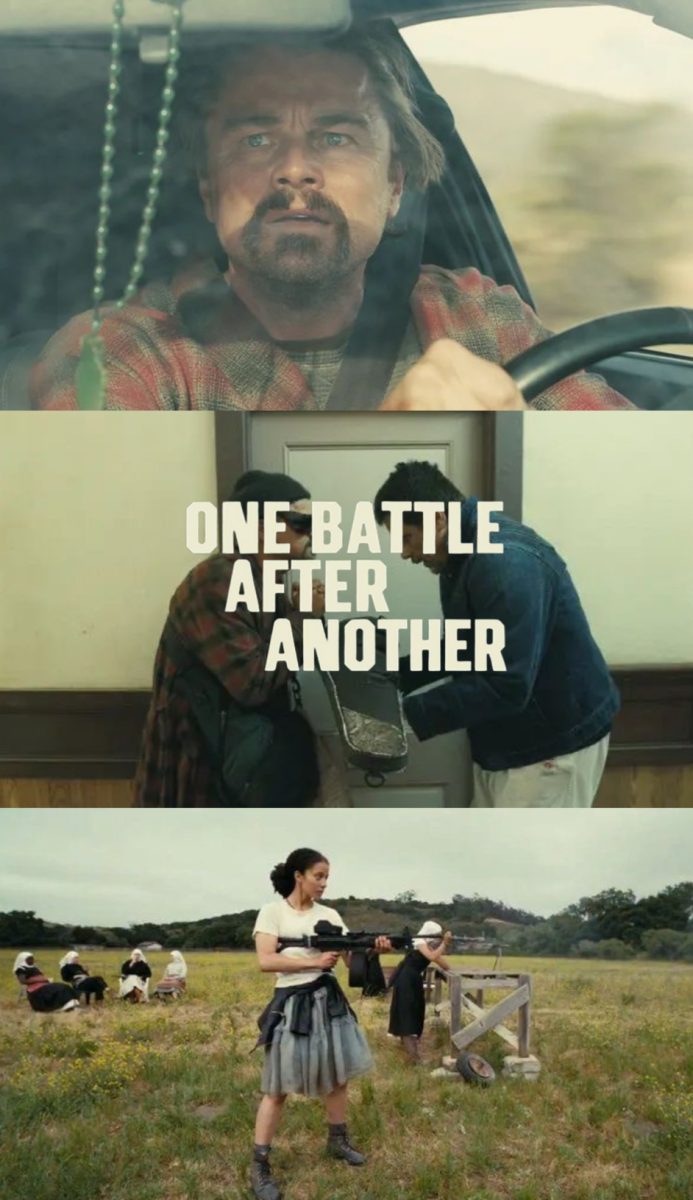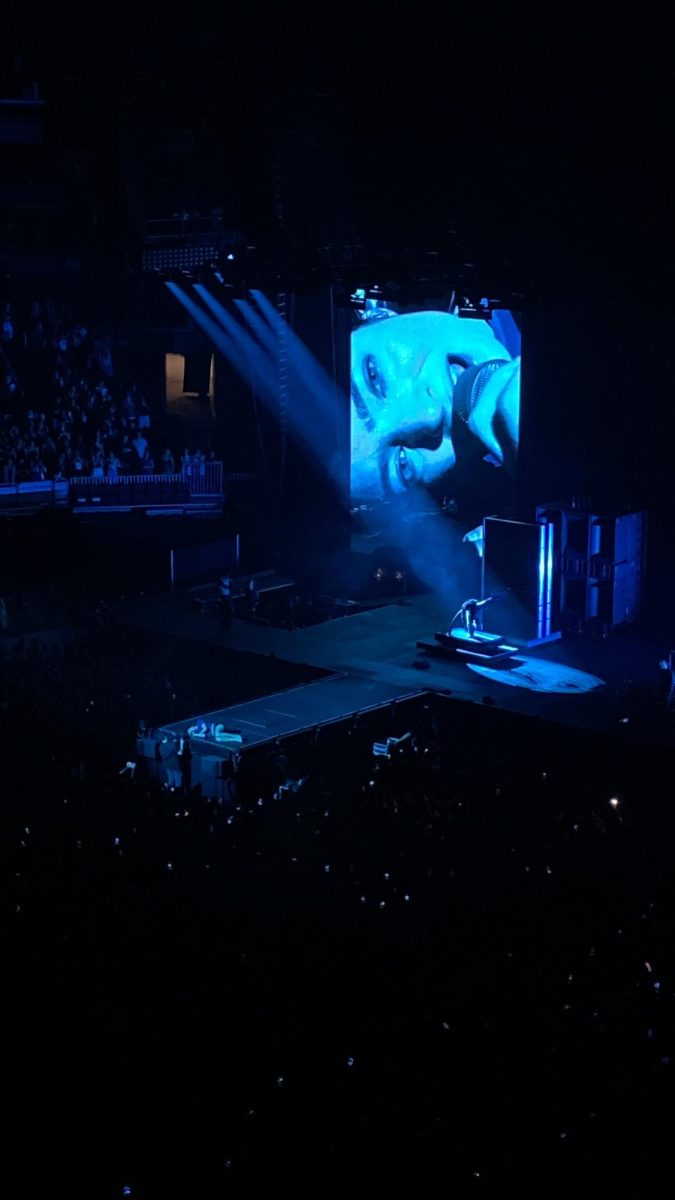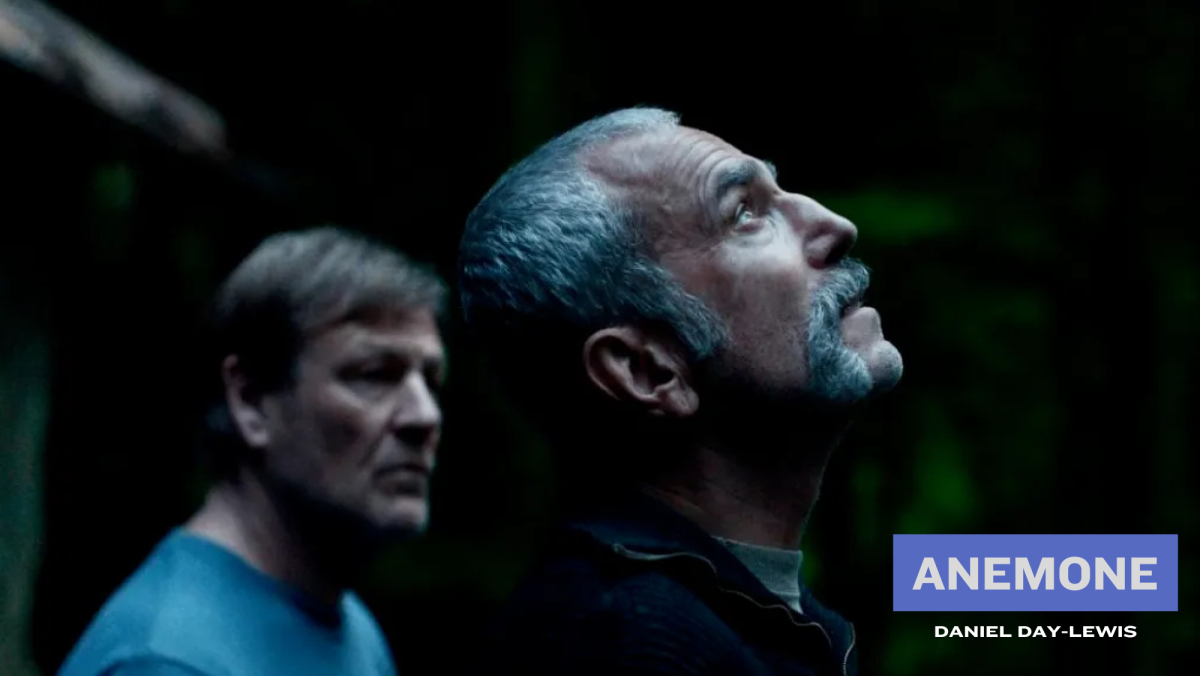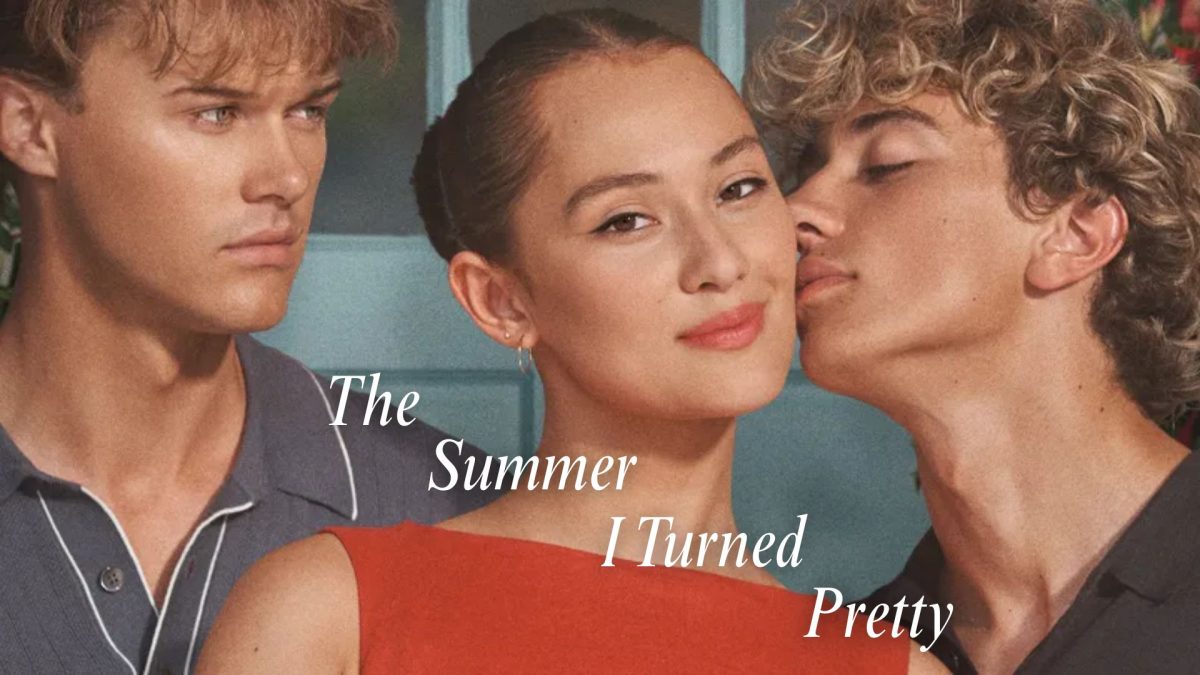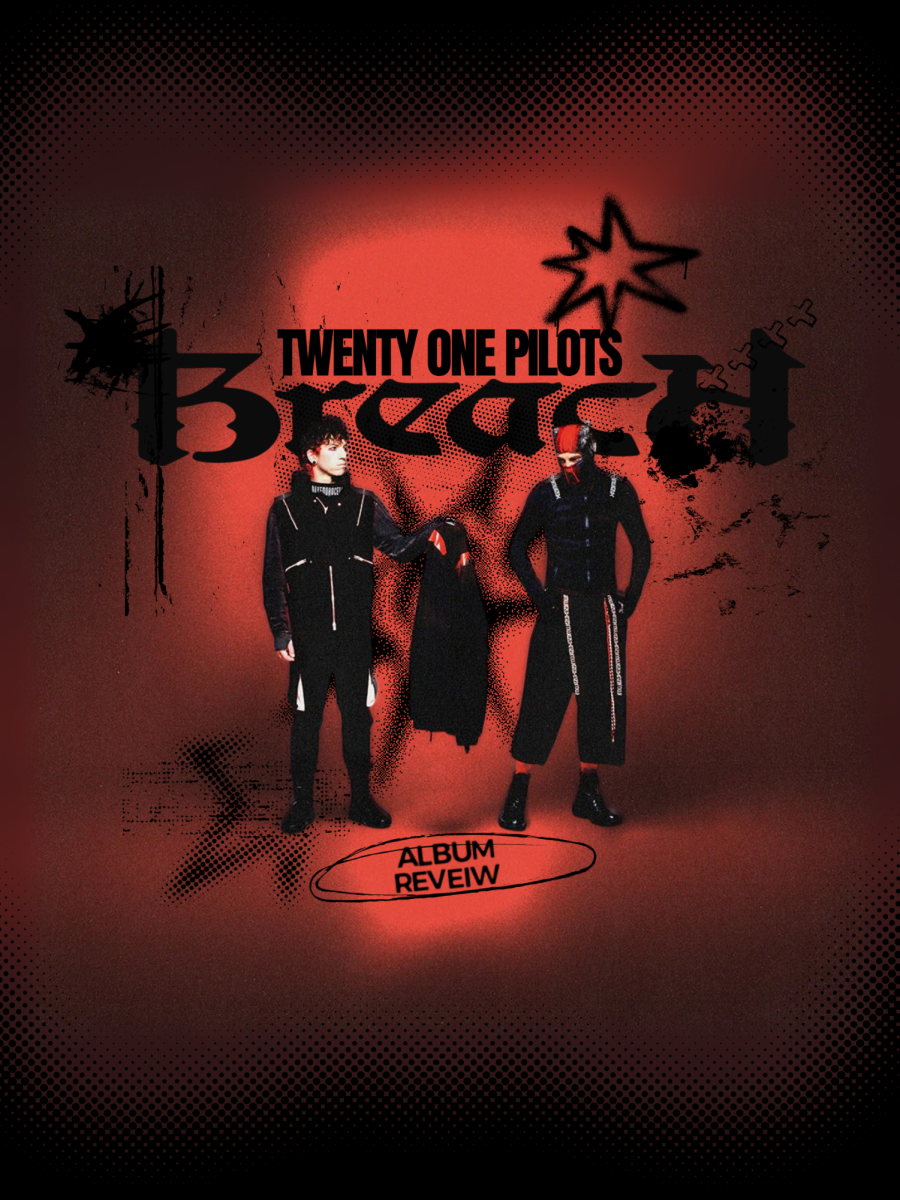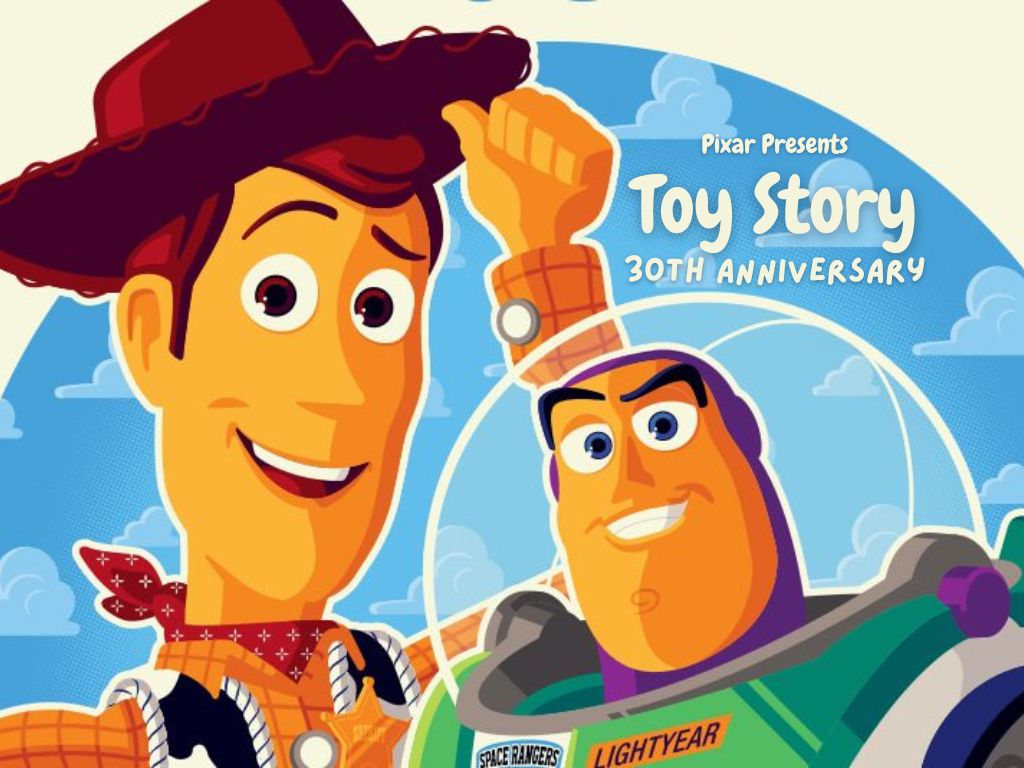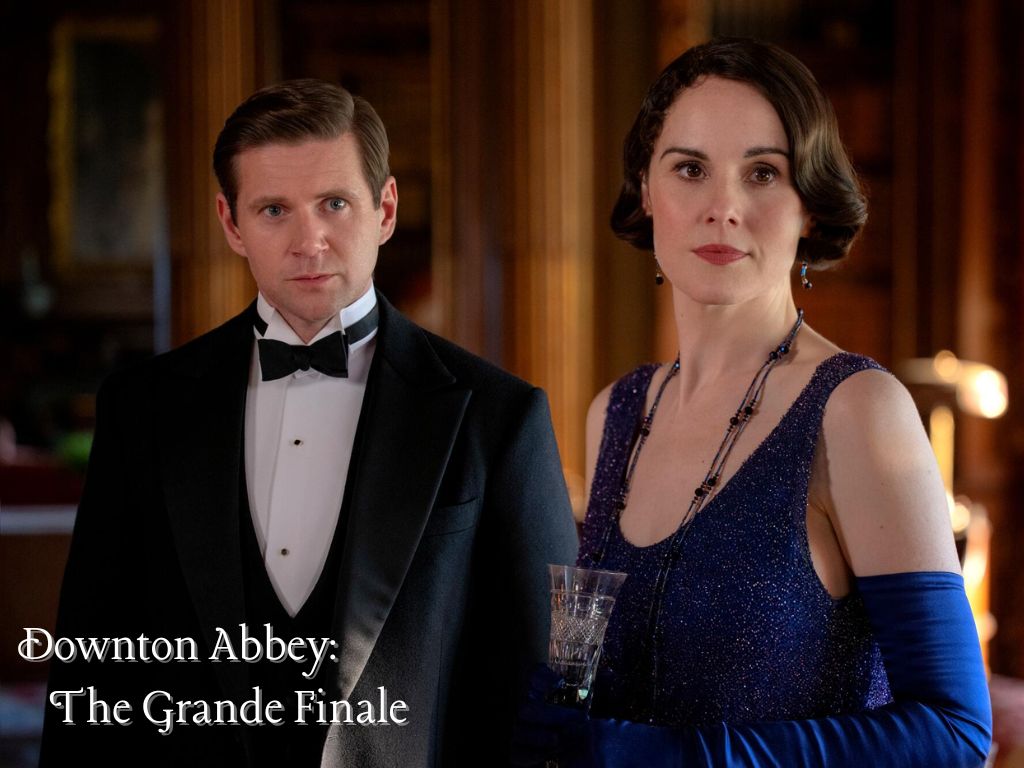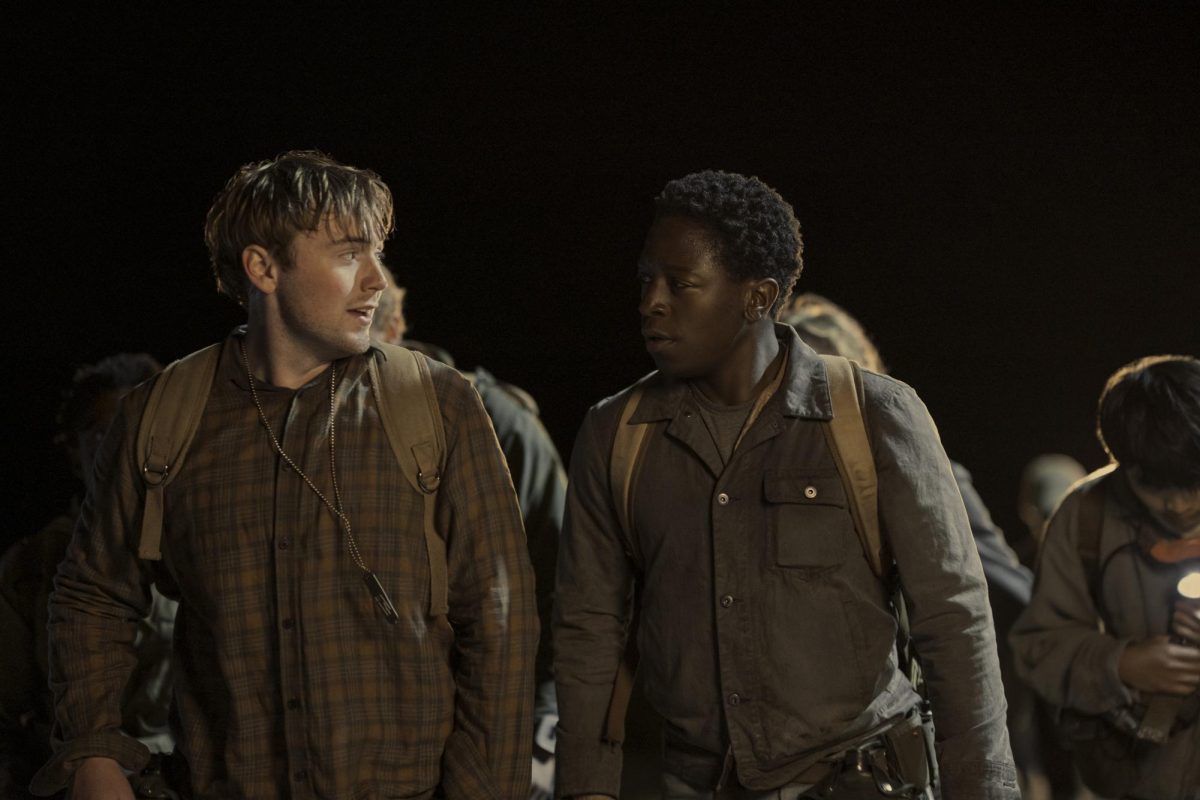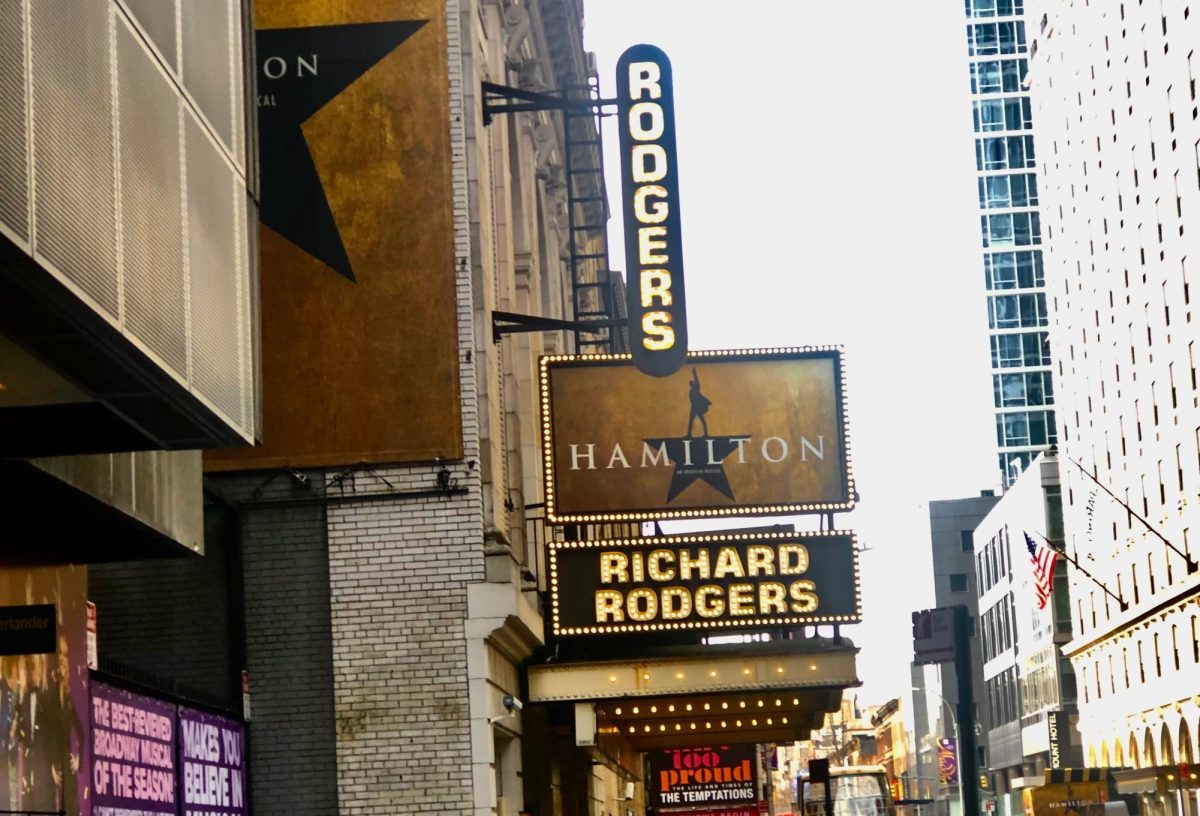Kenneth Branagh may have the strangest directorial portfolio of any man living or dead. He primarily made his name by adapting famous titles: Mary Shelley’s “Frankenstein,” “Cinderella” for Walt Disney and a slew of Shakespeare plays. It makes him seem a natural fit with the mannered, mysterious world of Agatha Christie.
Passions run high in his latest film, “Death on the Nile,” an adaptation of Christie’s book of the same name. Some critics have made note of the sexlessness of modern Hollywood films, whether their budgets range from mid to large. But Branagh’s film is infused with a sweaty, desperate sensuality, not that it always lands, but at least it’s trying.
Heiress Linnet Ridgeway (Gal Gadot) has fallen madly in love with the blandly handsome Simon Doyle (Armie Hammer), whisking him away from his previous fiancé. Their hasty courtship tops off with a wedding and a private cruise for the wedding party down the Nile River, propelled by Linnet’s increasing paranoia that someone wants to hurt her. Luckily for her, joining the celebration is famous detective Hercule Poirot (Kenneth Branagh), who shoulders the responsibility of justice when the boat tour takes a deadly turn.
There are human desires afoot, a hasty marriage, spurned lovers, hidden relationships, the hunger for wealth, all of which makes it easy to grab hold of the plot and try to make sense of everyone’s twisting motivations.
It’s worth noting that the film was set to be released in 2019, and its premiere date was moved five times before it finally saw the light of day. “Death on the Nile’s” assembled cast is vastly inferior to their “Orient Express” counterparts in talent, awards recognition and raw box-office cash, and the pandemic’s news cycle has not been kind to them.
Gadot is often criticized for poor acting performances and is associated with the Israel Defense Force. Hammer was accused of a cannibalism fetish – and, far more soberingly, sexual abuse. Letitia Wright is a rumored anti-vaxxer and Russell Brand is a vocal anti-vaxxer. All of their characters are central to the film’s plot and tension, which, truthfully, might very well enhance your viewing experience.
Watching the decadent and idle become dislodged from their comfort by the consequences of their own behavior can be cathartic and very entertaining. Judging how much weight to give these performers’ varying scandals is obviously up to an individual’s discretion.
Branagh also has a habit of directing himself, which bears fruit on uneven occasions, an Academy Award nomination for “Henry V” and a misbegotten and ill-performed Russian accent in “Jack Ryan: Shadow Recruit.”
His directing is at its best when he’s not performing, such as the aforementioned “Cinderella,” and the recently Academy Award nominated “Belfast.” He obviously makes elegant work of period pieces, and in contrast to previous performances, Branagh’s portrayal of Hercule Poirot is laser-focused here, stronger and less distracting than his roles have been previously.
Unfortunately, Branagh’s 2017 offering of Christie’s most famous novel, “Murder on the Orient Express,” had little by way of style, tone or emotion. There was a somber, lumbering quality to Branagh’s interpretation of the story, which was only compounded by the amount of talent in its cast going straight to waste.
There was nothing to grab onto as a handhold. The only novelty was counting the major awards nominations of each performer. Whodunnits are marked by an intriguing, propulsive energy, whereas “Orient Express” came across as sterile and slow and sad.
Despite all of this, “Death on the Nile” is appropriately diverting, predictable while offering the odd surprise, and is – albeit unexpectedly – worth the time of a casual watch. Viewer discretion for its controversy-riddled cast is advised.
Follow Emily on Twitter @emily_sorano.


